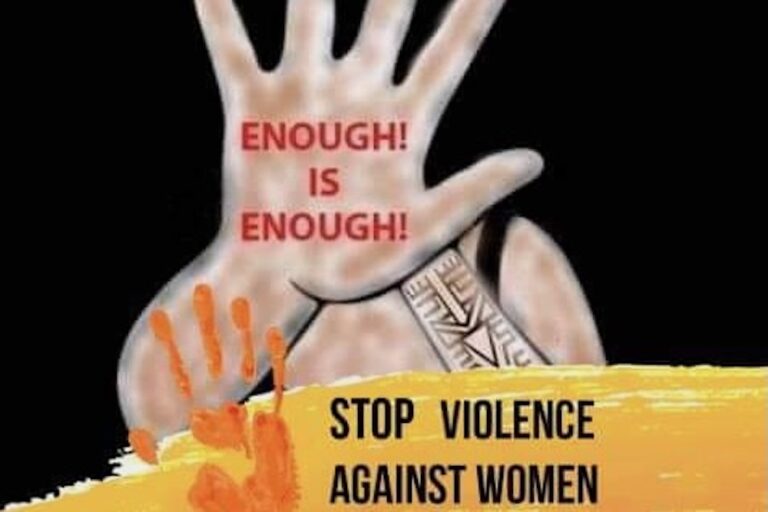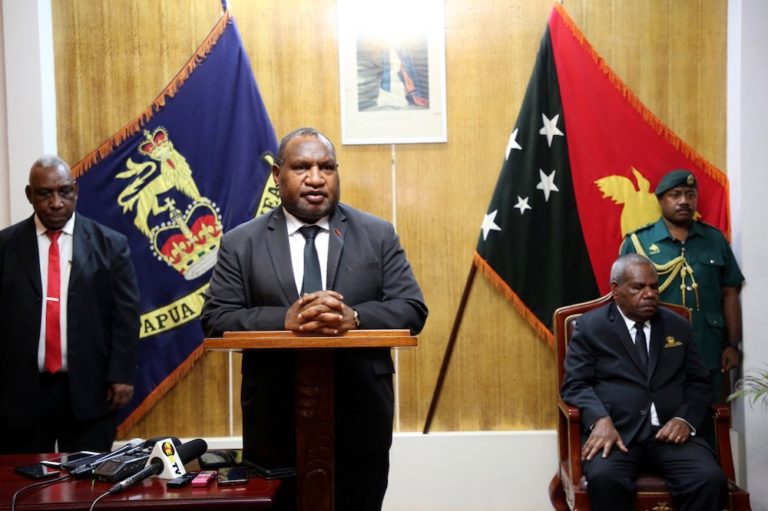(PINA/IFEX) – The following is an excerpt from the 11 July 2008 PACNEWS bulletin: 11 July 2008 EDINBURGH (Pacnews) – Model legislation for whistle blowers has been considered by Commonwealth Law Ministers, as the Commonwealth moves to try and persuade members to put in place anti corruption laws. A discussion paper prepared for the meeting […]
(PINA/IFEX) – The following is an excerpt from the 11 July 2008 PACNEWS bulletin:
11 July 2008 EDINBURGH (Pacnews) – Model legislation for whistle blowers has been considered by Commonwealth Law Ministers, as the Commonwealth moves to try and persuade members to put in place anti corruption laws.
A discussion paper prepared for the meeting defines the whistle blower as an individual, who in good faith reports corruption or other wrong doing to an appropriate authority.
The paper highlighted the need for the legislation to identify and treat a whistle blower separate from a protected witness.
“Countries that are parties to the United Nations Convention against Corruption (UNCAC) have an obligation to consider whether to introduce measures to protect such individuals against unjustified treatment, such as discrimination”.
Article 33 of UNCAC states that, “each state party shall consider into its domestic legal system appropriate measures to provide protection against any unjustified treatment for any person who reports in good faith any facts concerning offences.”
In the Pacific, Australia and Papua New Guinea have ratified and signed UNCAC. Fiji ratified the anti corruption convention in May this year.
Commonwealth countries have been reminded that any action to obstruct the protection of witnesses must be criminalized.
“The model legislation aims to provide a framework for protection for the person who reports in good faith and with reasonable ground.
“Therefore, by their very nature, these provisions seek to encourage the employer to take action in response to a report and expect the employee to make a report without hiding his or her identity from the employer”.
The suggested provisions reflect work and legislative drafting undertaken in a number of Commonwealth countries, in particular, New Zealand, South Africa and the United Kingdom.
In a related development, Papua New Guinea’s justice minister, Dr Allan Marat, is determined to introduce the whistle blowing legislation, as part of his government’s efforts to weed out corruption. His resolution stems from the model legislation adopted by the Commonwealth Law Ministers.
He told PACNEWS “whistle blowing or witness protection” is an excellent piece of legislation that needs to be implemented in Papua New Guinea.
“I, for one as the attorney general for PNG intend to introduce this legislation, so that whistle blowers are protected, whether they are in government or in the private sector.
“This is needed in Papua New Guinea more than ever, given the issues of corruption, which is rife in our society”.
He told PACNEWS at the end of the ministerial meeting that “if my government was serious about fighting corruption, then it has to pass a bill on whistle blowing”.
At the same time, it must be understood that decisions taken by the law ministers do not impose obligations but give insights into these areas.
“It’s really entirely up to every Commonwealth jurisdiction to decide whether to take it up and make good use of the papers or put it aside”, the justice minister explained.
Dr Marat is aware of the consequences of pushing for a “sensitive legislation”. “If there is opposition, so be it, at least I have done my part to try and deal with corruption. At least I will produce a bill catering for whistle blowers regulating their activities and protection”, he said.
Another opposition, he revealed to PACNEWS, was his attempt to reintroduce to parliament the shelved Independent Commission against Corruption (ICAC) bill, initially prepared by the late Sir Bill Skate government.
“His government was determined to make ICAC an organic law. They wanted to make the fight against corruption constitutionally entrenched.
“It was shelved because parliament then was adjourned and it didn’t see the light of day”, Marat said.
“It’s still there. I am trying to re-introduce it but my initial discussions with certain ministers have been met with reservations. They have said that it was not our idea, so I know that there is some opposition to the ICAC.
“I want our legal standards or the legal life of PNG to be raised to be compatible with other Commonwealth jurisdictions. In order for us to do that, this is the forum where we get ideas, take them home and try and implement them to raise our legal standards”, the justice minister noted.


